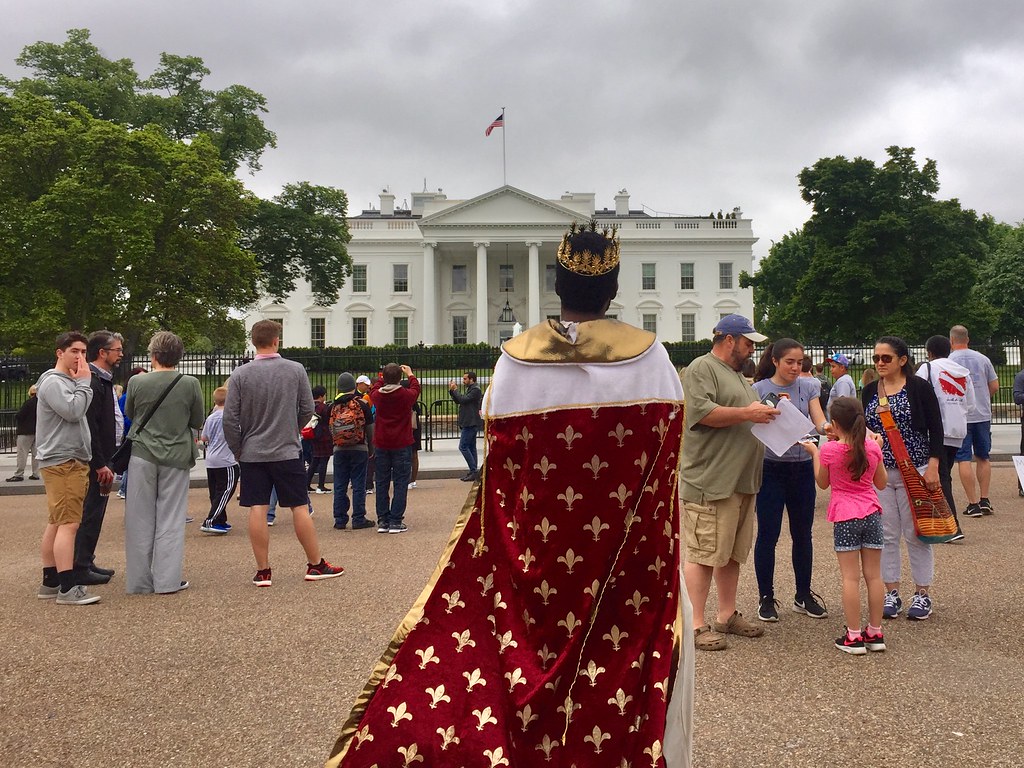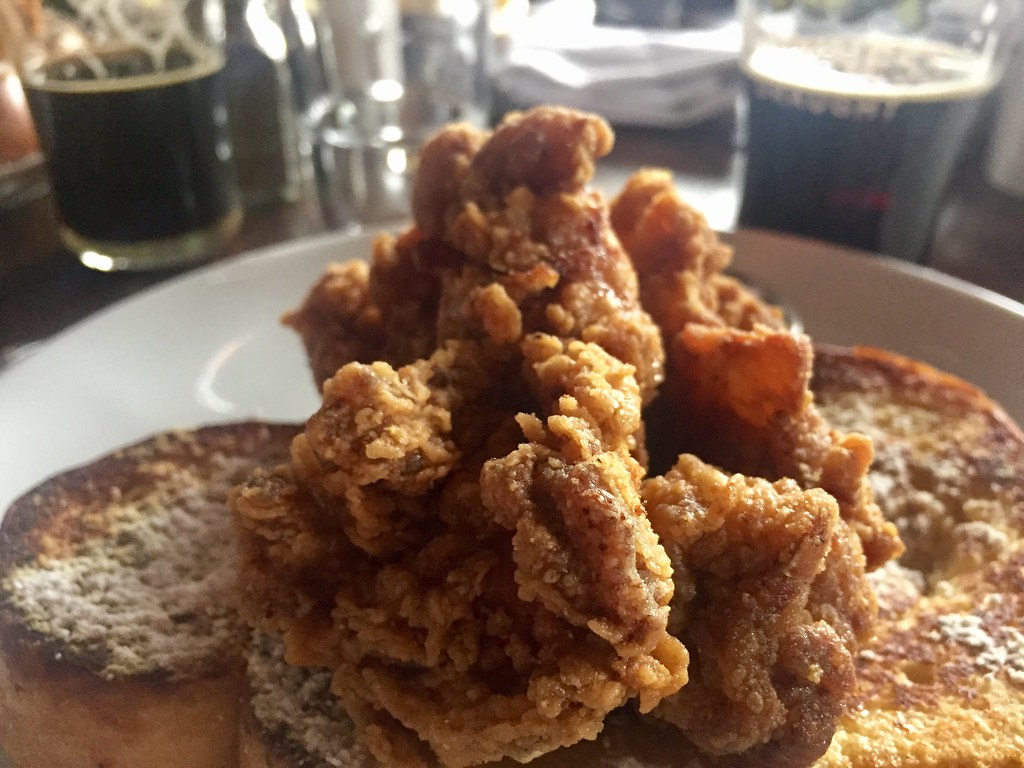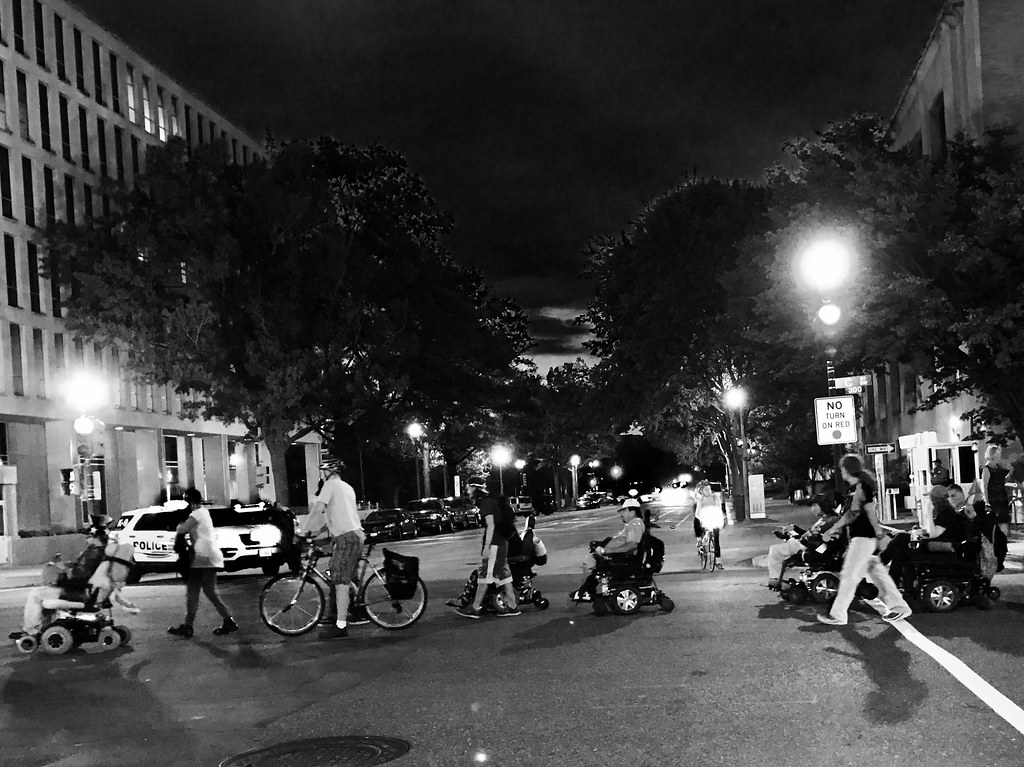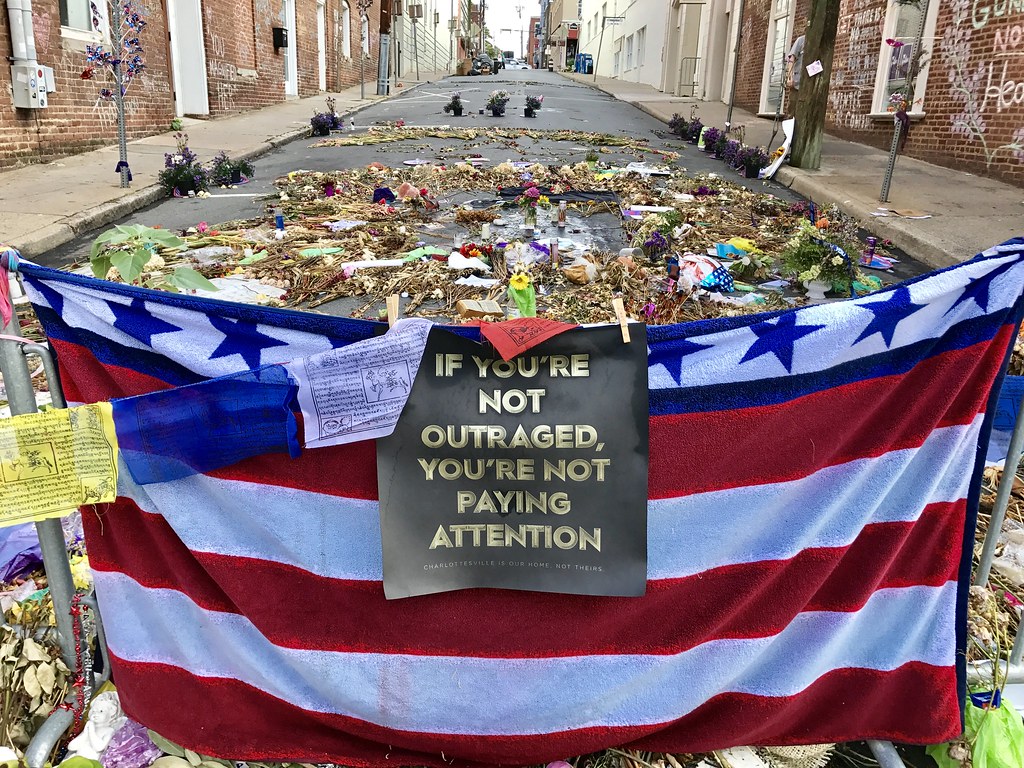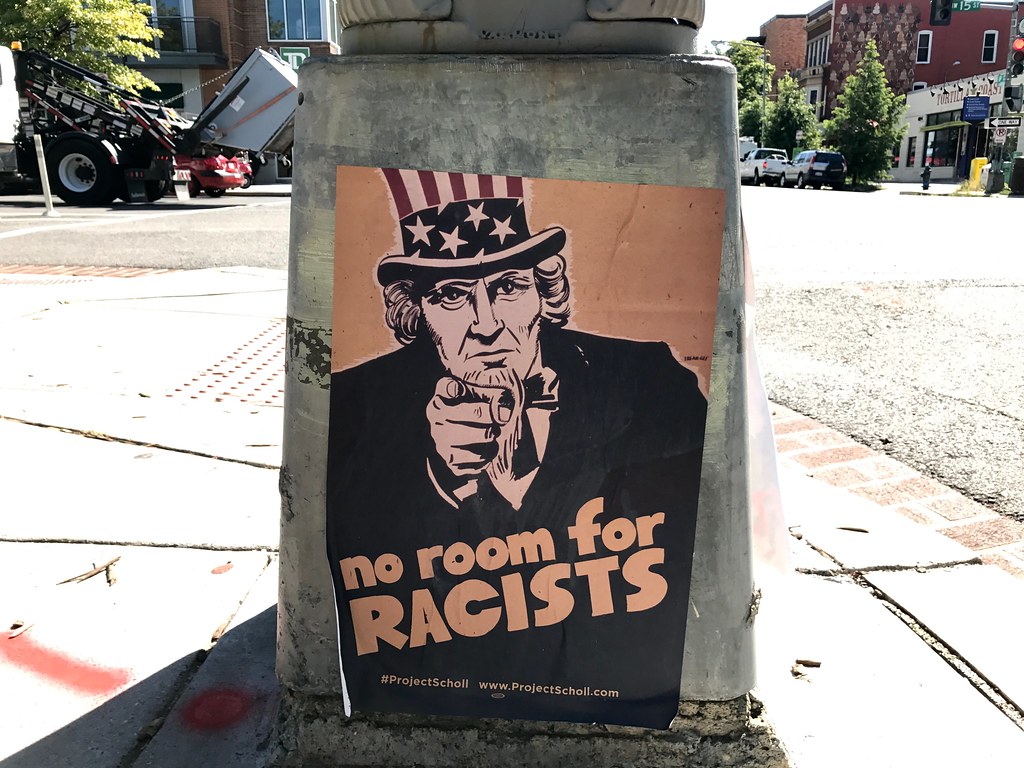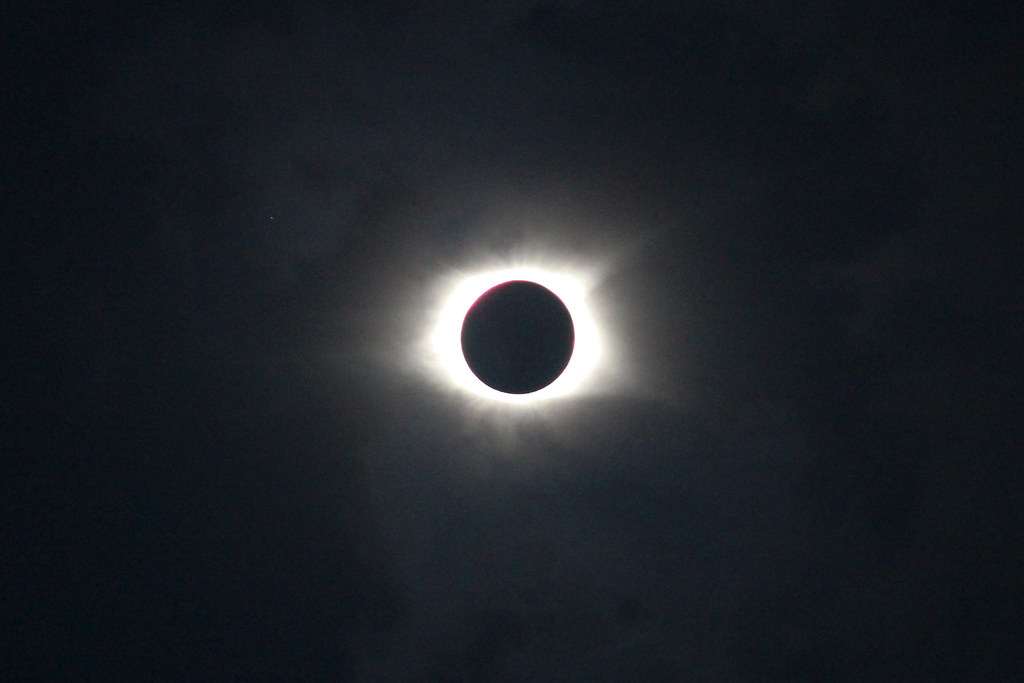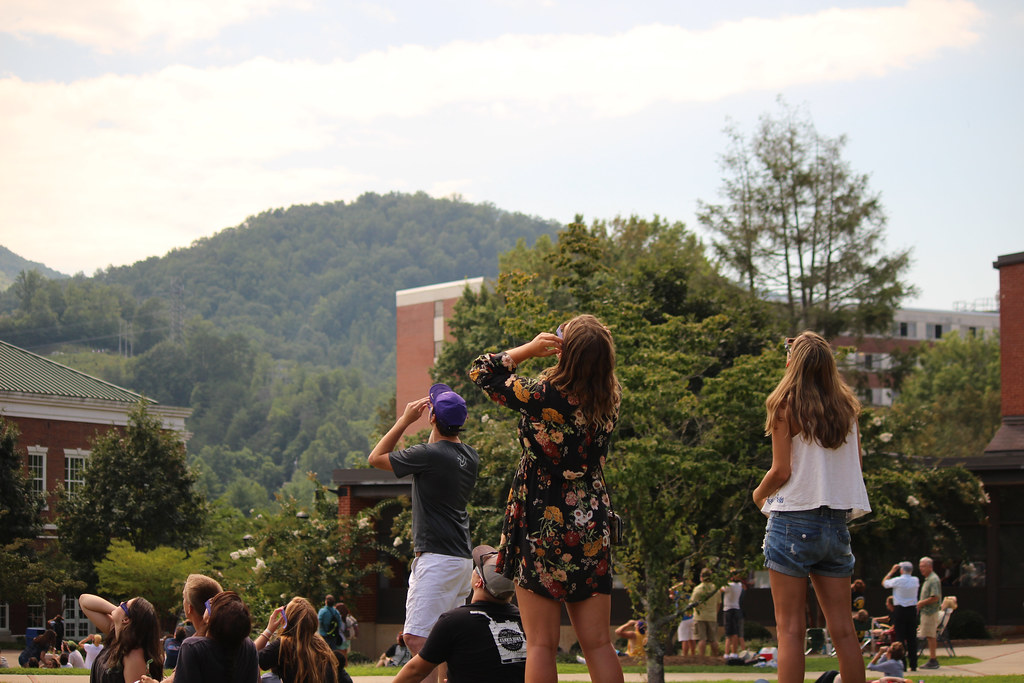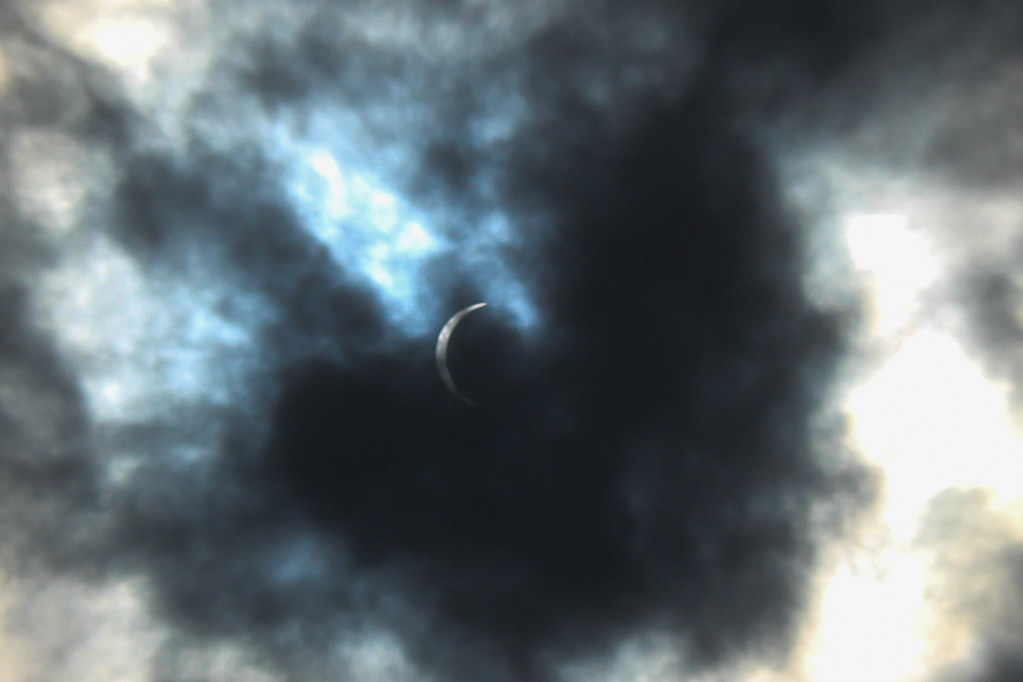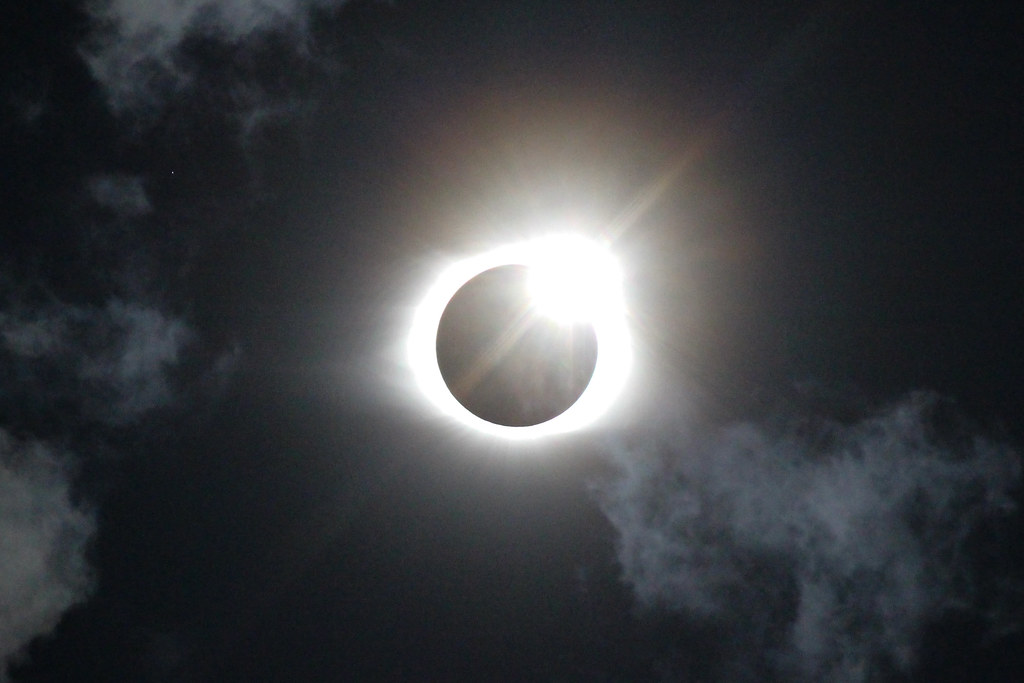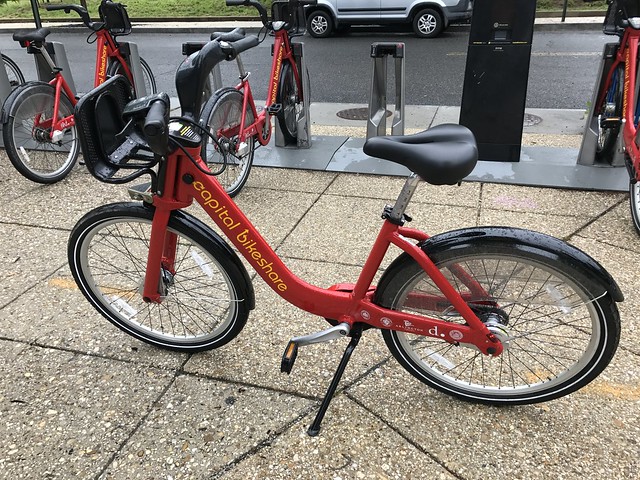Every morning, I bike by the White House.
Blocked off from traffic, the 1600 block of Pennsylvania Avenue is peaceful and calm. Just after dawn, I slowly pedal by, just me, a few joggers and the Secret Service. In the warm light of morning, the White House looks serene.
Inside, however, a President rages as a conspiracy is revealed.
A plot against America, carried out by the President’s campaign. If this was a season of House of Cards, it would strain credulity. Democrats and Republicans, while they have their differences, all believe in democracy – right?
No. Trump and his family colluded with Russia to win an election, gleefully aided by a Republican party willing to do anything to win.
Some GOP leaders knowingly compromised their principles and our national security to support Trump’s victory. We must hold them accountable.
— Evan McMullin (@Evan_McMullin) October 30, 2017
At first glance, the scandal seems like a black comedy cooked up by the writers of Arrested Development, the Bluth family writ large, a global scheme to launder money and filled with bit players such as a George Popadapoulos, catfished by Russia into thinking he was meeting Putin’s niece. Funny, right?
So is “conspiracy against the United States” just another way of saying “light treason?” pic.twitter.com/ych6bvFone
— Mountain2Mountain (@Mountain2M) October 30, 2017
But then you remember that this isn’t TV. It’s not HBO. It’s your country and the scandal is an attack on democracy, an act of collusion between a corrupt candidate and a Russian adversary eager to upend the global order.
Our external enemy (Putin) has joined with our internal one (red states) in an alliance to bring down the country that they hate: America.
Over the weekend, I watched Joan Didion: The Center Will Not Hold. She too was cursed to live in interesting times, the 1970s, and used her talent to document the disorder she saw in brilliantly-written essays that reported on the decline. Combining a literary eye for detail with a pitiless examination of her personality, she captured what life was like when things fall apart.
We tell ourselves stories to live.
Joan Didion
The thing about the 70s is that no one knew how it would turn it out. As a kid, I remember seeing maps on the spread of communism, from Angola to Yugoslavia. The Russians were going to win – just look at the map. During the Carter era, we were stuck with a combination of inflation and stagnation that economists said couldn’t exist: stagflation. Or maybe another Ice Age was coming. Seemed plausible. Anything did back then, because we didn’t have a defining story, a vision of the future.
Like the 1970s, we’re in a hinge moment. The narrative of democracy has collapsed. A new era of tyrants has emerged, promising a revenge saga of blood and iron. To quote Yeats:
The best lack all conviction, while the worst
Are full of passionate intensity.
In the evening, I return home past the White House. Tourists gather by the fence to snap photos, like they always have. This symbol of American democracy remains a powerful one, despite its current occupant.
And the strength of our story, the American story, endures, as it waits for a new storyteller, and a new vision of the future, to bring us together once again.
